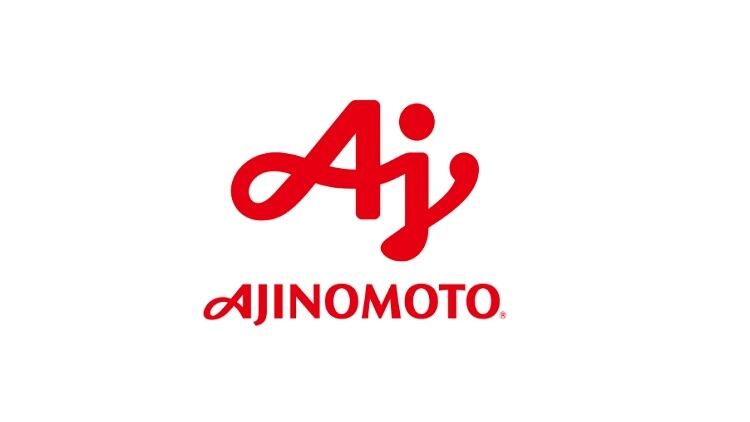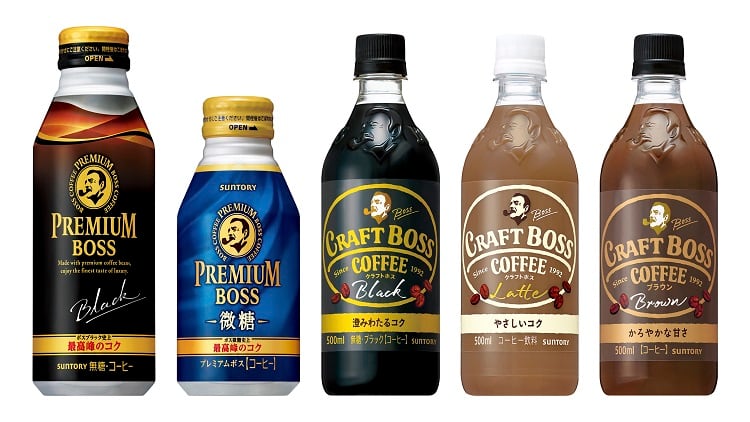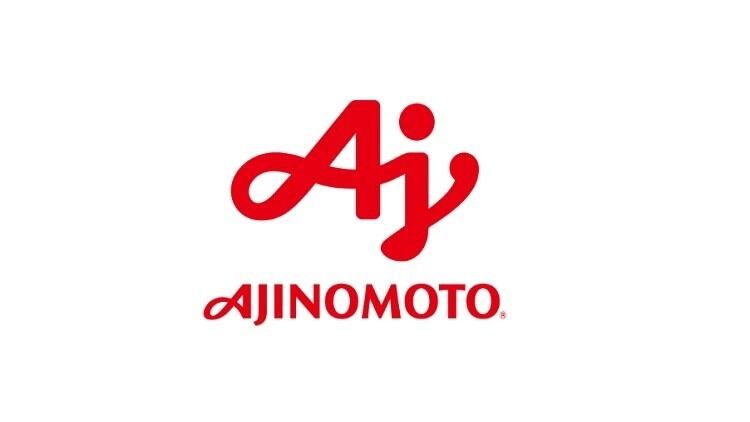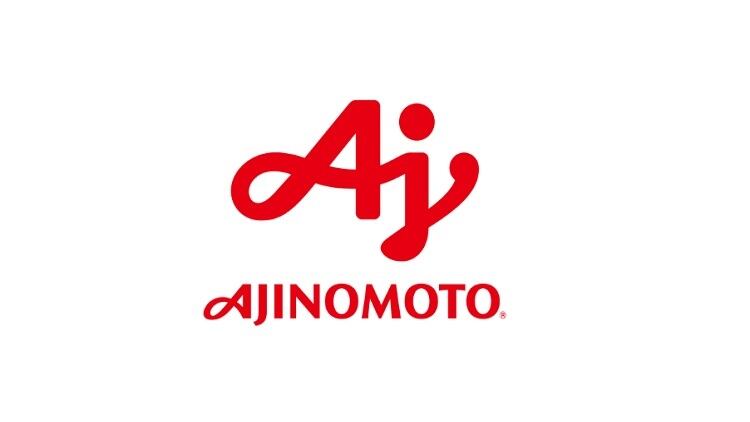The impairment loss were incurred by Ajinomoto Foods North America (AFNA) and Promasidor Holdings.
This had led the firm to revise its performance forecast for FY2018.
As a result, business profit forecast is likely to drop to JPY$86.2bn (US$784m), 9.9% lower than the previous forecast of JPY$95.7bn (US$871m).
The forecast of profit attributable to owners of the parent company also plunged 60.7% from JPY$55bn (US$500m) to JPY$21.6bn (US$196m).
The firm explained that impairment losses were due to multiple factors, such as investing in and acquiring the trademark rights of Promasidor Holdings, a South African food manufacturer which it bought in 2016 for JPY$55.8bn (US$508m).
In addition, the investment in new production system, as well as “higher logistics expenses associated with new trucking regulations,” have affected the profitability of its US’s operations, the firm said in a press statement.
In response to FoodNavigator-Asia’s queries, a spokesman elaborated that there was a sharp rise in transportation prices for inbound material logistics and outbound finished goods delivery in the US.
In some cases, the firm struggled with the lack of drivers, which hindered its ability to deliver items to customers on time.
Other challenges faced in the US market include relying on a labour intensive workforce for its frozen foods business, and the pressure to raise wages for retaining workers in the country with low unemployment rate.
In the US, Ajinomoto sells its products to food services via distributors, while its retail partners include JFC International, Kroger, Walmart, Costco and Sam’s club.
Back in Japan, it is also seeing a highly competitive frozen food sector, hence, “sales and business profit are expected to fall short of the previous forecast”.
Sales still growing
Despite this, Ajinomoto remains optimistic of its operations in the US despite the challenges.
It said that sales in the US was largely supported by the popularity of Japanese and other Asian frozen food products.
“Centered on Ajinomoto Co.’s strengths in gyoza, noodles, and cooked rice, the business is using Ajinomoto Food North America’s (AFNA) sales network to accelerate sales to retail channels throughout the US in the Japanese and Asian/ethnic foods market, which was a growing category in the frozen foods market in North America at the time of Ajinomoto Co.’s acquisition of the former Ajinomoto Windsor Inc (the current AFNA),” the firm said.
“However, due to the near-term low profitability, Ajinomoto Co. recorded an impairment loss.”
According to the firm’s consolidated results ended on December 2018, the growing sales in Europe and North America were the growth drivers for its overseas frozen food business.
This had led its overseas sales of frozen food to jump from JPY$78.7bn (US$716m) to JPY$86.8bn (US$790m) from year 2017 to 2018.
Between April and December 2018, North America also contributed a quarter of the Ajinomoto Food’s sales of JPY$309.7bn (US$2.8bn).
To ramp up production in two factories located in the North America – namely its recently acquired appetiser factory in Joplin (MO) and another factory in San Diego, the firm will introduce structural reforms to its factories and logistics arrangements.
The plan includes adding manpower to improve production, reducing procurement and purchasing costs, acquiring help from external logistics experts.
A Management Base Review Committee led by CEO Takaaki Nishii has been set up to lead the discussions.
The firm added it would “stabilise production in the fourth quarter of fiscal 2018, and plans make further improvements from fiscal 2019.”





